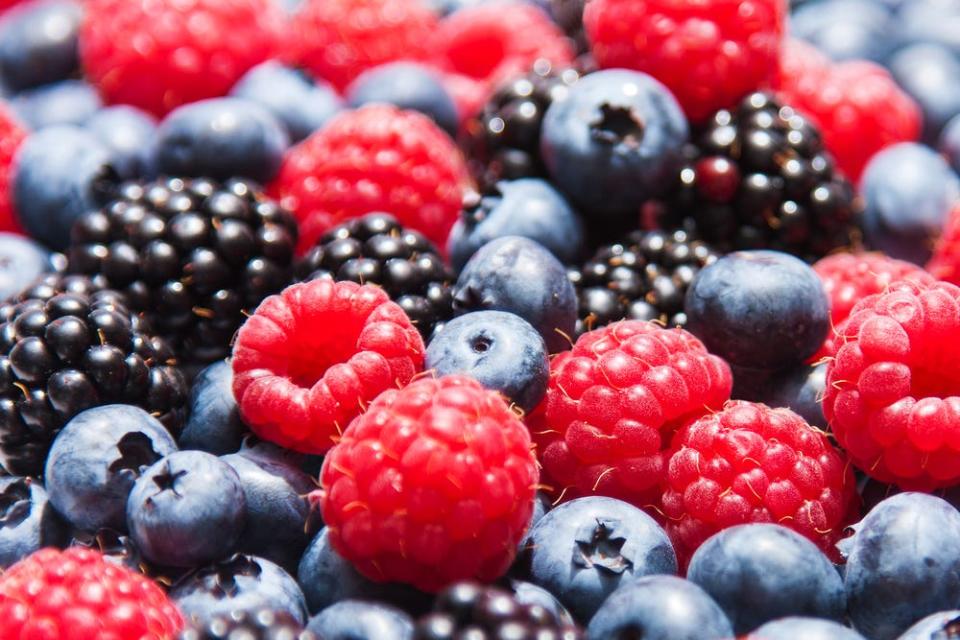A leading scientist says you can skip the memory supplements. Protein is where it's at.
A leading food and drug chemist says most memory supplements are probably bogus.
But getting enough protein from plant sources such as nuts, beans, and whole grains can help.
So can eating more berries, such as blueberries, strawberries, and raspberries.
There are hundreds of supplements out there promising to "boost" your brain health or perform a "miracle" for your mind.
While it's true that some people may benefit from some kind of supplementation of their diet, the evidence that so-called memory supplements can benefit all of us as we age remains shoddy, at best, says Joseph Schwartz, a food and drug chemist who directs the Office for Science and Society at McGill University.
"They advertise all kinds of things: They're antioxidants, they change the fluidity of cell membranes, they enhance neurotransmitter effectiveness," he said on a recent edition of his YouTube show "The Right Chemistry." "They all have some theoretical justification, but what they don't have is any kind of evidence."
Yes, some supplements may do something marginal, sometimes, for some people, but there's no one-size-fits-all memory supplement that reliably works for everyone. It's also tough to know what you're getting when you buy a pricey pill because the supplement industry in the US is largely unregulated. But, encouragingly, there actually are a few things you can safely put in your mouth every day that can help keep your brain healthy and sharp as you age.
Science shows plant proteins and mixed berries are great for aging brains

Schwartz looks to the long-term Nurses' Health Study for better evidence. It's a landmark public health study that has been running in the US since 1976. It has followed the diet, exercise, and lifestyle patterns of more than 280,000 health professionals and connected those actions to chronic health issues, including dementia and memory problems. Having such a large population to study makes it easier for researchers to control for other factors that may affect our cognition, such as wealth, environment, or genetics.
What the Nurses' Health Study investigators have found, time and time again, is that nurses who consume enough protein, and "especially plant protein," tend to stay sharper as they age, regardless of their background, Schwartz says.
One recent finding from the Nurses' Health Study, published earlier this year, showed that women who consumed more plant proteins (such as nuts, seeds, and whole grains) tended to age healthier in all kinds of ways, protecting their hearts while also staving off cancer, diabetes, and — yes — cognitive issues such as memory loss too.
So Schwartz suggests that if you really want to "boost" your memory, you can munch on some nuts for a protein-rich mid-day snack or swap out a meaty meal for something with beans or lentils "a couple of times a week."
Getting some fruit and vegetables into your diet every day can also help with cognitive function, as they're loaded with beneficial vitamins and antioxidants that are good for our brains. This is especially true when it comes to berries, such as blueberries, raspberries, and strawberries, which are rich in chemical compounds, including flavanols and anthocyanins, that help keep our cells running well.
"The evidence here is overwhelming," Schwartz said in the video. "People who consume berries on a regular basis perform better on those memory tests."
Read the original article on Business Insider


